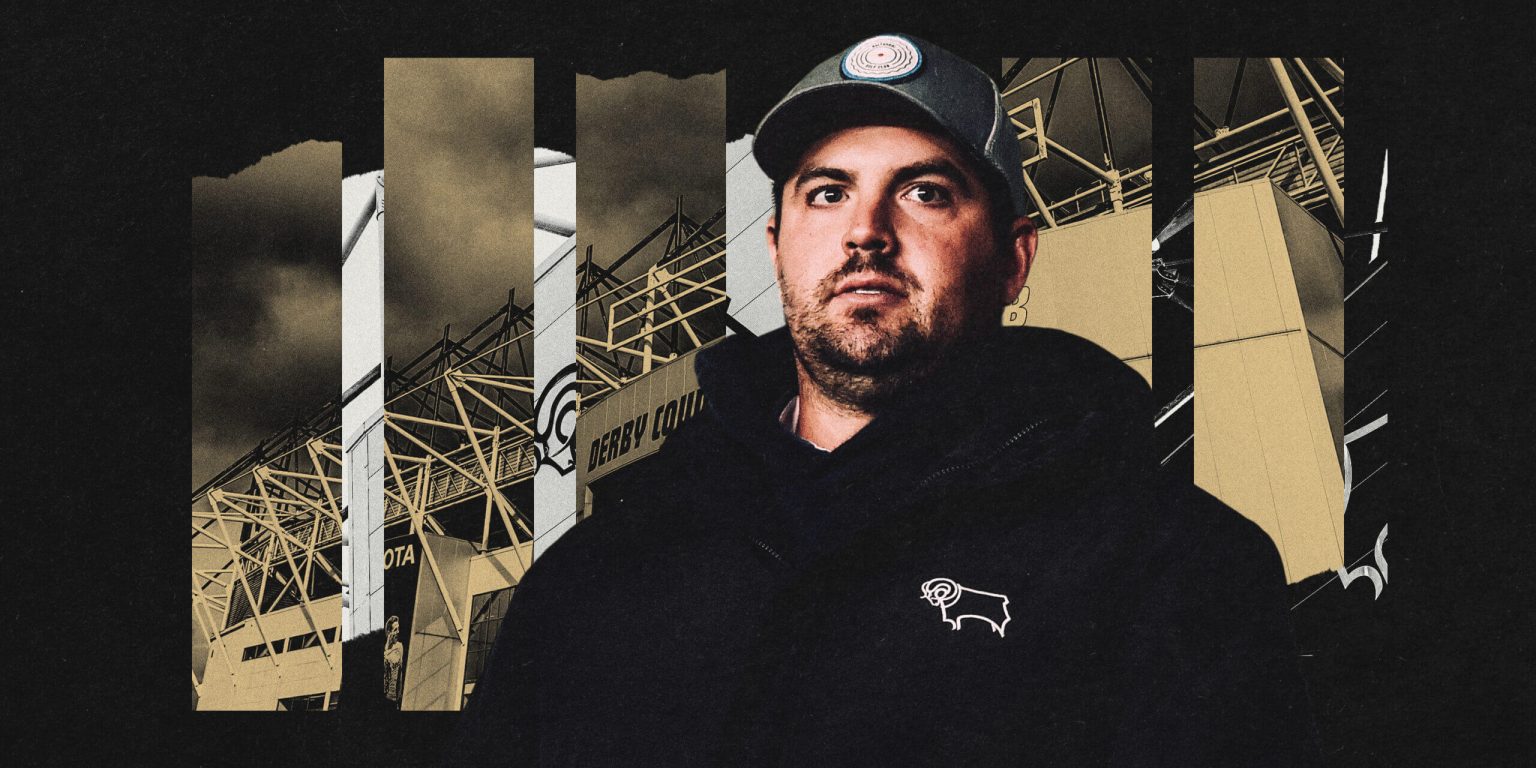Chris Kirchner, a young American tech entrepreneur, rose to prominence as the CEO of Slync, a software startup company valued at $240 million. However, Kirchner’s world came crashing down when he was arrested by the FBI on charges of wire fraud and money laundering. He had allegedly misappropriated millions of dollars from Slync’s accounts for personal use, including purchasing extravagant items like luxury cars, watches, and a private jet. Kirchner had also come close to purchasing Derby County, an English Football League club, before his arrest.
Despite being hailed as Derby County’s savior and preferred bidder by the club’s administrators, Kirchner’s fraudulent activities were exposed during his trial earlier this year. He was found guilty of wire fraud and money laundering, facing a maximum prison term of 150 years. The collapse of Kirchner’s takeover deal with Derby County revealed a broader issue in English football, where individuals with questionable intentions are attracted to owning football clubs for the prestige and credibility it brings.
Kirchner’s story paints a picture of a man who built a facade of credibility and success, rubbing shoulders with golf celebrities like Tiger Woods and Rory McIlroy, and pursuing ownership of prestigious football clubs like Derby County. However, as his financial misdeeds came to light, it became clear that Kirchner’s lavish lifestyle was built on deceit and fraud. His failed attempts to purchase Derby and Preston North End showcased his lack of genuine interest in the clubs, focusing more on the appearance of success and prestige.
Kirchner’s downfall exposed the flaws in the vetting process for prospective football club owners, with many individuals attempting to enter the sport for personal gain rather than a genuine passion for football. His elaborate schemes and false promises highlighted the dangers of allowing individuals with dubious backgrounds into the world of English football. The collapse of Kirchner’s takeover deals served as a cautionary tale for clubs and regulators to be more diligent in vetting potential owners.
The aftermath of Kirchner’s arrest and the collapse of his takeover deals left a trail of financial ruin and legal battles. Partners and stakeholders associated with Kirchner, including employees of Slync and representatives of the football clubs, found themselves embroiled in legal disputes and financial losses. The saga served as a stark reminder of the consequences of allowing unscrupulous individuals into positions of power within the sports industry.
Ultimately, Chris Kirchner’s story serves as a cautionary tale for English football clubs and regulators, highlighting the importance of conducting thorough due diligence on prospective owners. The allure of owning a football club should not overshadow the need to ensure that individuals have the financial and ethical integrity to support the club’s long-term success. Kirchner’s rise and fall expose the darker side of football ownership, where fraudsters and charlatans seek to exploit the sport for personal gain, with little regard for the clubs and communities they impact.


